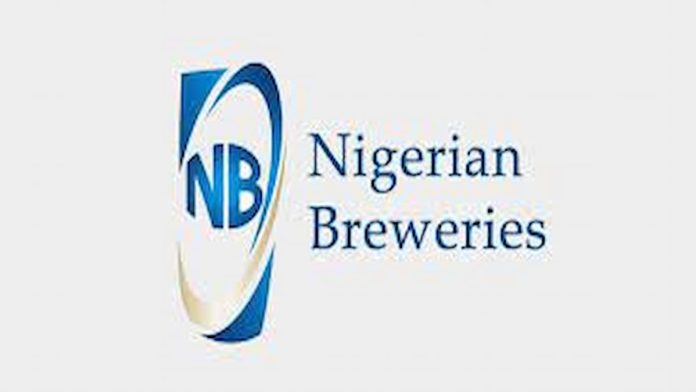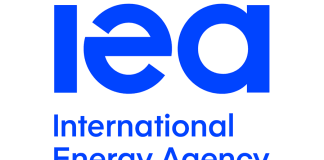Nigerian Breweries has announced a price rise on all of its goods from August 10, 2023, so citizens of the nation who turn to alcoholic beverages for solace amid the country’s economic crisis may need to look to other options.
Nigerian Breweries claimed that the price increase was required to offset the effects of the ongoing increase in input costs.
“This is to inform you that we will review the prices of some of our SKUs (Stock Keeping Units) effective Thursday 10th August 2023. This review has become necessary because of continued rising input costs and the need to mitigate the impact,” the letter signed by Ayo Lawal, the company’s sales director said.
A few of the well-known beer beverages produced by Nigerian Breweries are Star Lager, Gulder, Legend Extra Stout, Heineken, Goldberg, Life, and Star Radler.
Additionally, they manufacture non-alcoholic beverages such Malta Gold, Maltina, Amstel Malta, Fayrouz, and Climax Energy Drink.
While appreciating its partners, Lawal said, “In appreciation of our great partnership and your commitment, we will deliver at current prices all open orders that are fully funded and created in our system before 00.00hr on Thursday 10th August 2023.”
With inflation reaching 22.79 percent in June and the managed float of the forex market leading to the naira exchanging for as high as N869/$ at the I&E window last week Thursday, companies like NB PLC have faced significant challenges.
Nigerian Breweries announced N70.6 billion in forex losses as of June 30, 2023, in their half-year financial statements. This has put the world’s largest brewery in a difficult financial situation due to increased production costs and continuously rising raw material prices.
International Brewery recorded a loss of N2.31 billion in the first quarter of 2023, in contrast to N0.72 billion in the first quarter of 2022, while Nigeria Breweries, a subsidiary of Heineken NV, experienced a loss of N10.715 billion in the first quarter of 2023, compared to a profit of N13.61 billion in the first quarter of 2022.
“Nigeria’s alcohol landscape has expanded, and Nigerians have shown an increasing interest in exploring a wider range of spirits – from gin to cognac and whisky,” Clifford Egbomeade, an analyst in Nigeria’s beer industry said.





